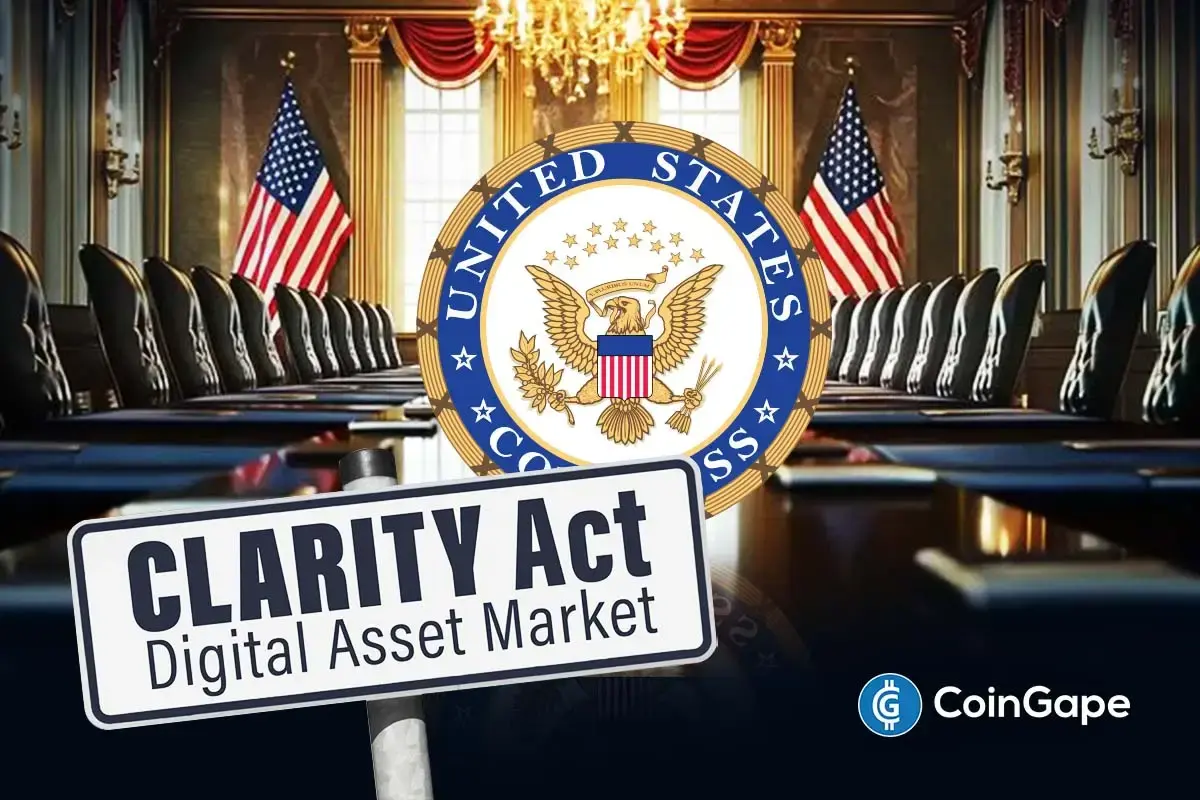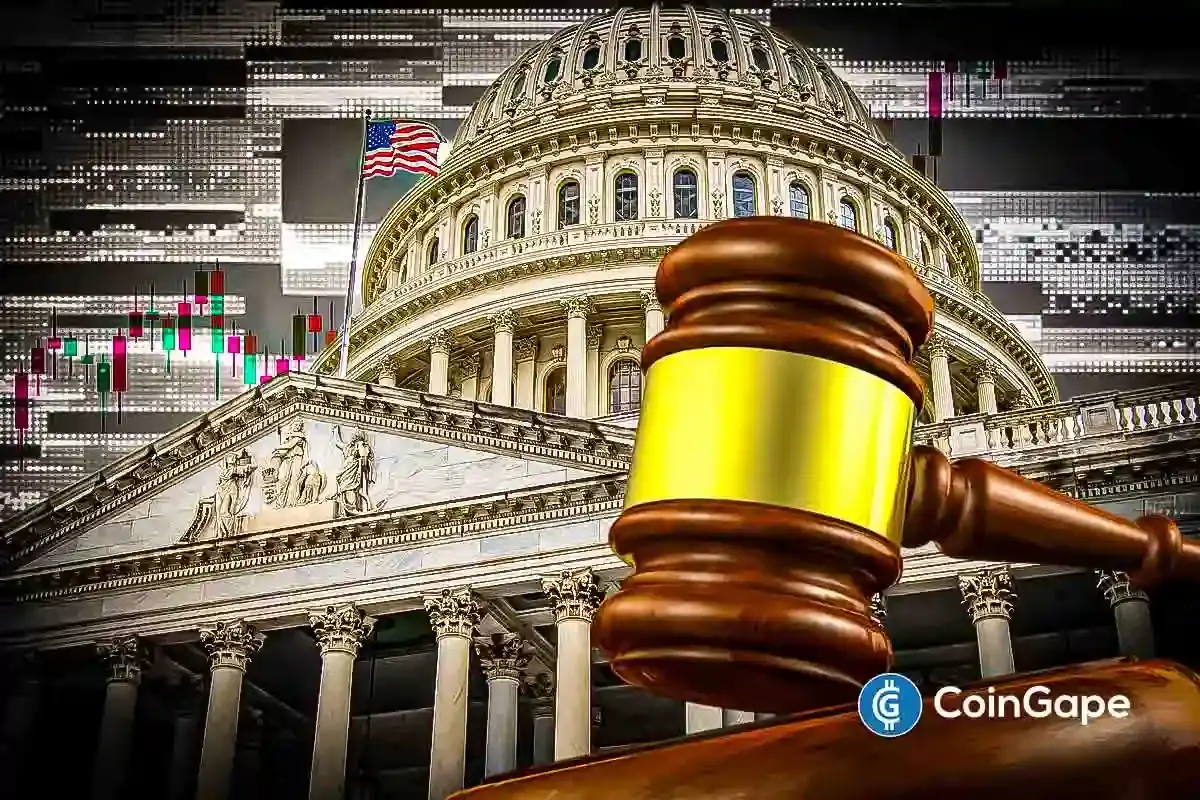Breaking: Crypto Companies In New York May No Longer Self-Certify “Coin Listings”

In another setback to the crypto markets, the New York Department of Financial Services, or NYDFS is gearing up to release another strict policy by crypto firms. The new policy is aimed at revoking the permission to self-certify the adoption or listing of new tokens, Eleanor Terrett said on her X account.
The Changing Landscape
Andrew, an observer in the cryptocurrency community, has taken notice of a shift in the government’s stance on cryptocurrencies. The Securities and Exchange Commission (SEC), an agency responsible for regulating securities, has faced difficulties in legal proceedings related to cryptocurrencies.
Consequently, there has been a strategic pivot towards formulating new legislation and collaborating with different government entities to address the growing influence of cryptocurrencies.
This change reflects the government’s recognition of the importance of clear and comprehensive regulatory frameworks in the cryptocurrency space, which is rapidly evolving and expanding. Notably, Coinbase CEO Brian Armstrong, Ripple CEO Brad Garlinghouse, and Circle CEO Jeremy Allaire had previously advocated for a well-defined regulatory framework within the crypto industry.
Also Read: India Leads Crypto Adoption Despite Regulatory Uncertainty
NYDFS: Stricter Rules on the Horizon
On another front, the NYDFS is poised to implement more stringent regulations concerning cryptocurrencies, according to Eleanor Terrett. She claimed that the department is set to release revised policies for coin listings, which will have a significant impact on cryptocurrency companies operating within New York.
Under the upcoming rules, cryptocurrency companies will no longer have the authority to independently decide or “self-certify” which new tokens they can adopt or list. Instead, they will be required to adhere to specific guidelines and standards approved by the NYDFS. This shift marks a departure from the self-certification process, as the NYDFS aims to establish uniform listing standards for all BitLicensees and Limited Purpose Trust Companies (LPTCs).
The post signaled that the primary objective of these regulatory changes is to ensure uniformity in cryptocurrency listings, eliminating disparities that could lead to confusion or potential risks. Furthermore, it seeks to provide much-needed clarity to an industry that has been marred by fraudulent schemes and scams in recent years.
Also Read: Data Signals Start Of Bitcoin And Crypto Market Rally
- Bitcoin vs Gold Feb 2026: Which Asset Could Spike Next?
- Top 3 Reasons Why Crypto Market is Down Today (Feb. 22)
- Michael Saylor Hints at Another Strategy BTC Buy as Bitcoin Drops Below $68K
- Expert Says Bitcoin Now in ‘Stage 4’ Bear Market Phase, Warns BTC May Hit 35K to 45K Zone
- Bitcoin Price Today As Bulls Defend $65K–$66K Zone Amid Geopolitics and Tariffs Tensions
- COIN Stock Price Prediction: Will Coinbase Crash or Rally in Feb 2026?
- Shiba Inu Price Feb 2026: Will SHIB Rise Soon?
- Pi Network Price Prediction: How High Can Pi Coin Go?
- Dogecoin Price Prediction Feb 2026: Will DOGE Break $0.20 This month?
- XRP Price Prediction As SBI Introduces Tokenized Bonds With Crypto Rewards
- Ethereum Price Rises After SCOTUS Ruling: Here’s Why a Drop to $1,500 is Possible

















